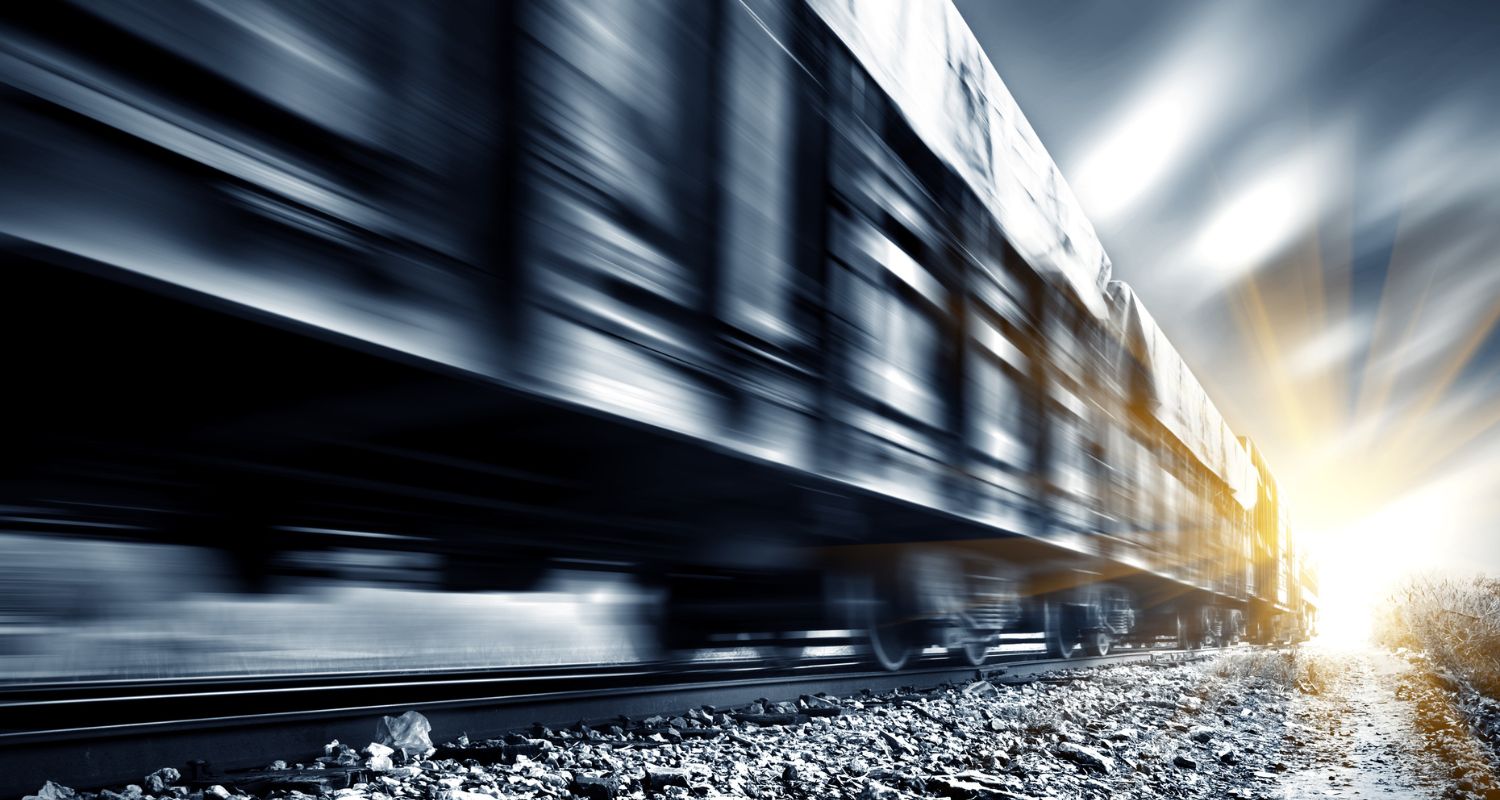
Season 4, Post 41: Rail reading round-up
Germany’s trains were historically renowned for their reliability and punctuality. Not so much so these days, as your author found to his cost last week. Delays and cancellations formed part of the story as he travelled roughly 800km (albeit spread over three separate legs), crossing the country from Munich to Hamburg. The good news, at least, was that there was lots of time to catch up on reading. Below follow three of the most eye-catching stories from a future trends perspective.
Helsinki may be about 1500km from Hamburg but we were impressed to read that buildings are being erected in the city constructed out of wood. Finland benefits from around 75% of the country being covered by forests, but the decision to build increasingly from wood reflects part of its desire to achieve carbon neutrality by 2035 and become Europe’s leading circular economy. Wood works not just from an aesthetic perspective, but since wooden buildings remove more carbon dioxide from the atmosphere than they emit, in contrast to the substantial carbon footprints of either concrete or steel. Over 15% of commercial buildings constructed in Finland now comprise wood as a key material. We first made the case for smarter cities over a decade ago.
Moving on, the warm summer of 2022 may now feel like a distant memory, but the growing prevalence of droughts across the world is fuelling concerns about both food insecurity and global hunger. Might machine learning provide a solution? There’s a lot of logic in analysing data to see how plants may thrive in different conditions. Recent work from the University of Florida highlights, for example, how some strains of drought-tolerant corn may be able to deliver higher yields than more conventional alternatives. Similar work pioneered by Google’s Deep Mind software is looking at the merits of different potato varieties across varying temperatures. We first wrote in 2019 that the world is hungry for more agtech and we anticipate this theme to continue evolving.
Finally, consider the case for the ‘Plastics Piranha’. Yes, you read that correctly. This novel device, pioneered by Ohio-based start-up Clean Earth Rovers constitutes an innovative approach to tackling the problem of plastic waste. Think of the Piranha as being an autonomous, fully electric vehicle that operates in water – most recently spotted on trial in California – and can collect up to 25kg of waste before returning to its home base to be emptied. With the US recycling less than 10% of its plastic annually (and Europe only about a third, per the European Environment Agency), we need solutions. We have followed this theme since 2018 (and have exposure via a listed business which produces sustainable packaging for consumer products), but expect to see more Piranhas out and about.
20 October 2022
The above does not constitute investment advice and is the sole opinion of the author at the time of publication. Past performance is no guide to future performance and the value of investments and income from them can fall as well as rise.
Alex Gunz, Fund Manager
Disclaimers
The document is provided for information purposes only and does not constitute investment advice or any recommendation to buy, or sell or otherwise transact in any investments. The document is not intended to be construed as investment research. The contents of this document are based upon sources of information which Heptagon Capital LLP believes to be reliable. However, except to the extent required by applicable law or regulations, no guarantee, warranty or representation (express or implied) is given as to the accuracy or completeness of this document or its contents and, Heptagon Capital LLP, its affiliate companies and its members, officers, employees, agents and advisors do not accept any liability or responsibility in respect of the information or any views expressed herein. Opinions expressed whether in general or in both on the performance of individual investments and in a wider economic context represent the views of the contributor at the time of preparation. Where this document provides forward-looking statements which are based on relevant reports, current opinions, expectations and projections, actual results could differ materially from those anticipated in such statements. All opinions and estimates included in the document are subject to change without notice and Heptagon Capital LLP is under no obligation to update or revise information contained in the document. Furthermore, Heptagon Capital LLP disclaims any liability for any loss, damage, costs or expenses (including direct, indirect, special and consequential) howsoever arising which any person may suffer or incur as a result of viewing or utilising any information included in this document.
The document is protected by copyright. The use of any trademarks and logos displayed in the document without Heptagon Capital LLP’s prior written consent is strictly prohibited. Information in the document must not be published or redistributed without Heptagon Capital LLP’s prior written consent.
Heptagon Capital LLP, 63 Brook
Street, Mayfair, London W1K 4HS
tel +44 20 7070
1800
email london@heptagon-capital.com
Partnership No: OC307355 Registered in England and Wales Authorised & Regulated by the Financial Conduct Authority
Heptagon Capital Limited is licenced to conduct investment services by the Malta Financial Services Authority.

Receive the updates
Sign up to our monthly email newsletter for the latest fund updates, webcasts and insights.

.png)
